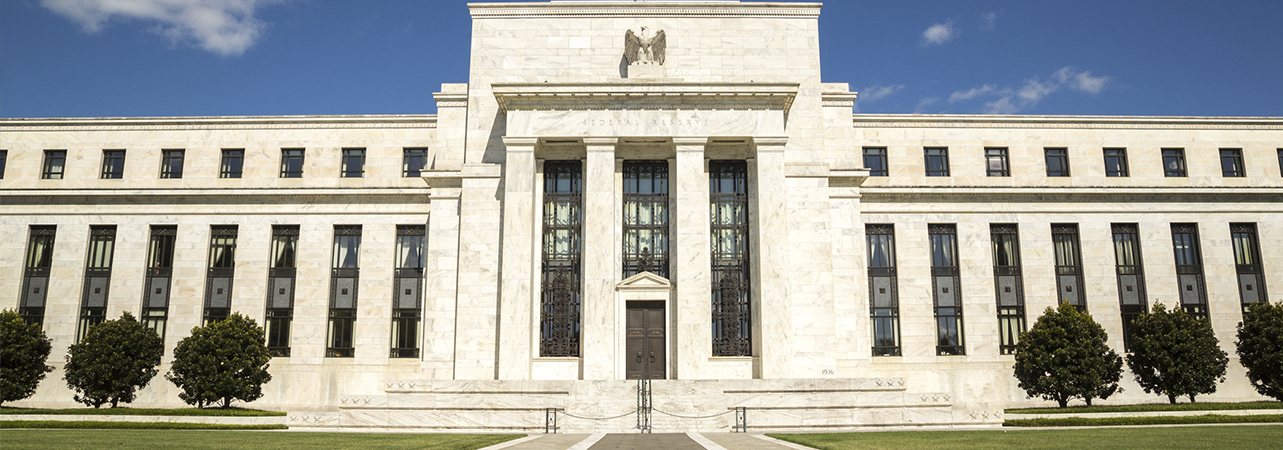The US central bank surprised markets with another 0.75% rise in rates. There is little comfort for investors in the move.
- The latest projections showed the policy rate rising to between 4.25%-4.50% by the end of this year
- Continued economic strength and a hot labour market point to a limited trade-off between growth and inflation.
- The S&P 500 dropped 1.7% in the immediate aftermath of the announcement
The Federal Reserve has announced another chunky rise in interest rates, backing up its rhetoric about being tough on inflation. Although it stopped short of the full 1%, the Fed hiked rates by 0.75%, bringing the target range to 3-3.25%. If markets had been wondering whether the Fed would blink in the face of weakening growth, they can now be in little doubt of its priorities.
The Federal Reserve has made it clear it will go further, and investors can expect a second rate rise of a similar magnitude by the time the year is out. The latest projections showed the policy rate rising to between 4.25%-4.50% by the end of this year, ultimately topping out at 4.50%-4.75% in 2023. Chair Jay Powell says: "I wish there were a painless way to do that. There isn't."
However, Anna Stupnytska, global macro economist at Fidelity International points out that for the moment, the pain has been deferred: “At the same time, continued economic strength and a hot labour market point to a limited trade-off - at least for the time being - between growth and inflation.”
That means the Fed has no incentive to pause. She adds: “Until we see strong hard data evidence of monetary policy tightening transmitting to the real economy, the Fed will continue on its hiking path. We note, however, that if financial conditions tighten significantly, we may well see an earlier pause, but we are far from that right now and uncertainty remains very high given many moving parts.”
Predictably, markets responded with dismay. The S&P 500 dropped 1.7% in the immediate aftermath of the announcement. Travel and leisure stocks were hit hardest, while consumer staples such as Kellogg, Kraft and Walmart were among the most resilient. This may set the tone for the rest of the year. While markets have already fallen a long way, they still need to digest a lot of bad news. It is very difficult to see a catalyst for them to rise.
There is widespread caution among fund managers. The most recent Bank of America survey of global fund managers showed high cash holdings, and 60% taking lower-than-normal risk. A net 72% expect further economic weakness next year. No revival of risk assets appears likely in the short-term.
The only positive to be taken from the Fed’s move is that it brings the end of the rate rising cycle a step closer. A Federal Reserve less committed to tackling inflation would also be a major concern. This is likely to be cold comfort for investors.
Read more 'The Week' articles', click here




